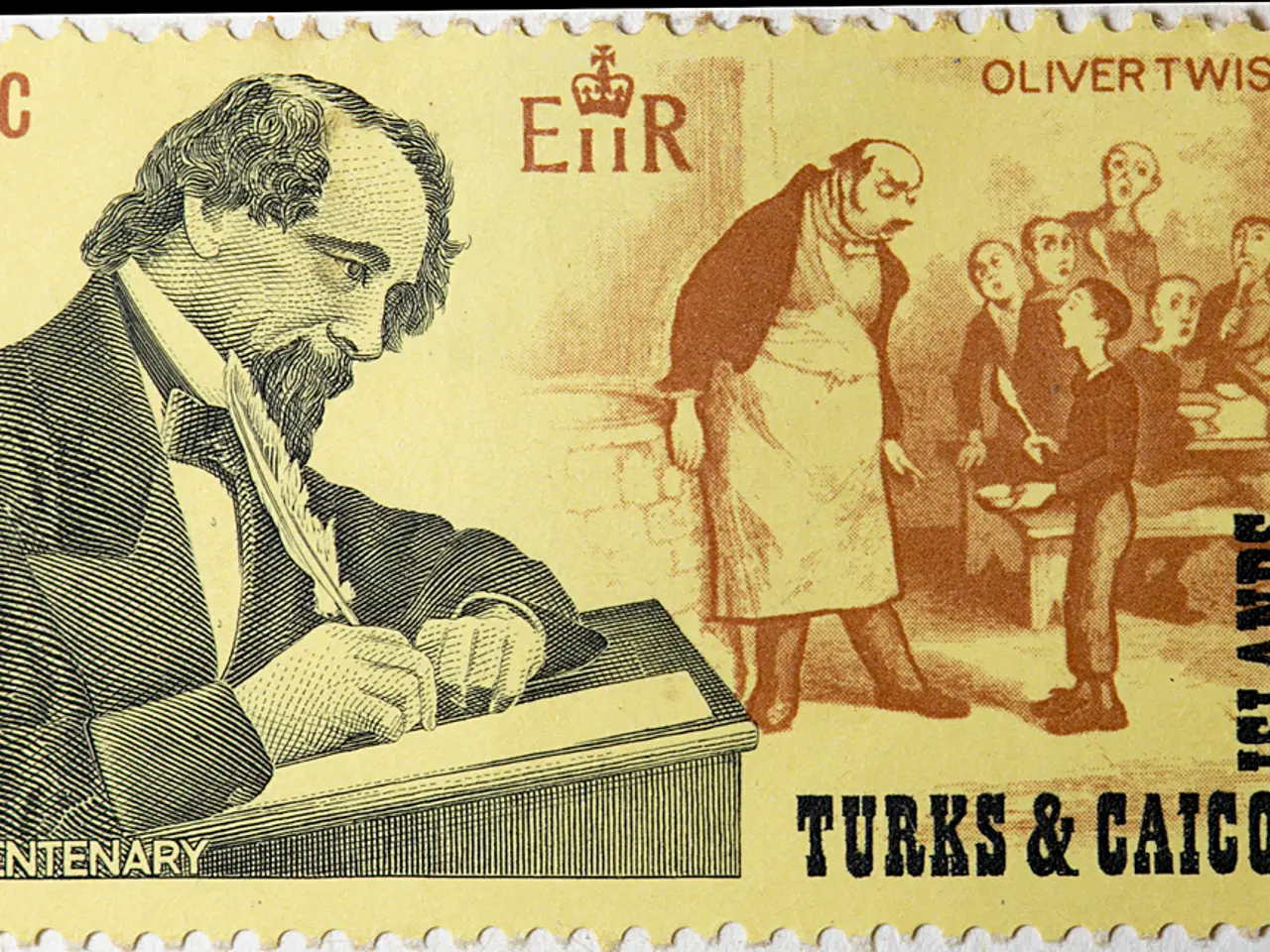Impact of DeJoy's Exit on U.S. Postal Service: Assessing the Aftermath
The United States Postal Service (USPS) is embarking on a new chapter following the departure of Louis DeJoy as Postmaster General in late March 2025. The agency, which has long grappled with financial sustainability, is now under the leadership of David Steiner, a former CEO of Waste Management and FedEx board member, who took over the reins in May.
Steiner's appointment, while welcomed for his logistics expertise, has raised concerns among labour unions due to his ties to FedEx, sparking fears of potential privatization risks and threats to USPS's public mission.
DeJoy's tenure was marked by the "Delivering for America" initiative, a transformative plan aimed at making USPS more self-sufficient through network consolidation, service standard changes, and investments in new delivery vehicles. However, this plan has faced criticism for negatively impacting delivery performance and increasing costs. As a result, stakeholders have urged the Postal Service to pause or reassess these changes due to concerns about service quality and financial impacts.
The agency is moving forward with phased service standard refinements initiated under DeJoy, aiming to improve operational efficiency and save an estimated $36 billion over a decade. The next phase began on July 1, 2025, expanding two- to four-day service bands for First-Class Mail and Ground Advantage services, alongside expanded geographic application of faster turnaround times for mail processed within single facilities.
The new Postmaster General will inherit an agency still dealing with the fallout of service cuts and delays. Rebuilding public trust in USPS is one of the significant challenges facing Steiner. To achieve this, he will need to work collaboratively with lawmakers to secure funding for modernization and address any potential legislative changes affecting the agency.
Moreover, the new leader will need to have a deep understanding of both postal operations and the complex political environment in which USPS operates. They will also have the opportunity to reassess USPS's strategies and policies, including the controversial decisions made by DeJoy such as the reduction of overtime for postal workers, removal of mail sorting machines, and proposed cutbacks to mail delivery routes.
The future of USPS hinges on this leadership change, as the agency faces uncertainty and opportunity. It will need to adapt to changing consumer demands, including the growing preference for digital communication and e-commerce, while striking a balance between cost-cutting measures, service quality, and innovation in an increasingly digital world.
As USPS embarks on this new chapter, there will be an increased focus on improving postal services, enhancing delivery speed, and investing in technology to keep pace with the digital age. The upcoming months will be critical in balancing operational reforms with USPS’s public service obligations.
[1] Berman, E. (2025). New USPS Postmaster General David Steiner Faces Controversy Over FedEx Ties. The New York Times. [2] USPS (2020). Delivering for America. United States Postal Service. [3] USPS (2025). Service Standard Refinements. United States Postal Service. [4] USPS (2025). Service Standards FAQs. United States Postal Service. [5] Congressional Hearing (2025). The Future of the United States Postal Service. United States Congress.
- The new USPS Postmaster General, David Steiner, inherits a challenging task, as he deals with concerns from labor unions about potential privatization risks due to his ties to FedEx.
- Steiner's leadership comes at a time when USPS is implementing digital transformation in the face of growing e-commerce and the preference for digital communication.
- In Africa, the future of USPS could depend on its ability to adapt to these changes, considering the continent's rapid e-commerce growth and increasing digitalization.
- As Steiner navigates the complex political environment of policy-and-legislation and politics, he will need to secure funding for modernization and address any potential legislative changes affecting the agency.
- With the phased service standard refinements ongoing, Steiner faces the immediate challenge of improving operational efficiency while maintaining service quality, as well as balancing cost-cutting measures with innovation in a digital world.







